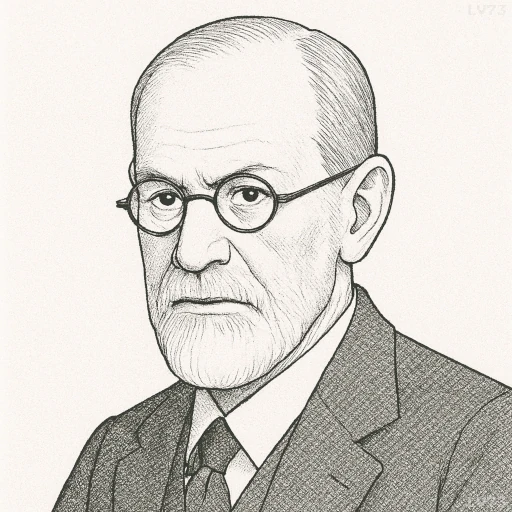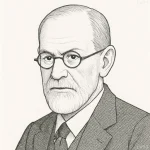“The ego is not master in its own house.”

- May 6, 1856 – September 23, 1939
- Austrian
- Neurologist, Founder of Psychoanalysis
table of contents
Quote
“The ego is not master in its own house.”
Explanation
In this striking metaphor, Freud conveys the idea that the conscious self (the ego) is not in full control of the mind. Despite the ego’s belief in its autonomy and rational authority, Freud insists that it is deeply influenced—and often overruled—by unconscious forces, especially those stemming from the id (instinctual drives) and the superego (internalized moral rules). The ego may live in the house of the psyche, but it is not the one truly in charge.
This view emerged from Freud’s revolutionary work in psychoanalysis, particularly his structural model of the mind. He proposed that the mind is not a unified entity, but a dynamic system of conflicting parts. The ego tries to mediate between desire (id), morality (superego), and reality, but it is frequently undermined by unconscious impulses that it cannot fully recognize or control. This recognition marked a profound challenge to Enlightenment ideas of rational selfhood and shook the foundations of Western notions of personal agency.
Today, this quote remains central to both psychoanalytic theory and broader discussions of human behavior. It helps explain why people act irrationally, sabotage their own goals, or experience inner conflict they can’t easily explain. From psychotherapy to neuroscience, modern disciplines continue to uncover the depths of nonconscious processes. Freud’s insight—that we are not fully aware of what drives us—remains a foundational truth in understanding the human mind.
Would you like to share your impressions or related stories about this quote in the comments section?


